Description
Black & White Leather Loafer Dress Men Shoes Unique Leather Shoes
Black & White Leather Loafer Dress Men Shoes Unique Leather Shoes
1. Brand: Handmade
2. Width: Extra Narrow (A+)
3. Material: Leather
4. Pattern: Solid
5. Origin: Pakistan
6. Lining Material: Leather
7. Closure: Slip On
8. Handmade: Yes
9. Type: Dress Shoes
10. Occasion: Wedding, Party, Formal
11. Style: Loafers, Slip Ons
12. Color: Black & White
Cultural Significance of the Color Black
The color black holds a profound place in various cultures, representing a spectrum of meanings that often contrasts with one another. In many societies, black is predominantly associated with mourning and death, embodying the somberness of loss.
For instance, in Western cultures, it is customary to wear black clothing during funerals, symbolizing grief and the transition from life to death. This association underscores the emotional weight carried by the color, as it evokes feelings of sadness and contemplation during periods of mourning.
However, the duality of black extends beyond the symbolism of loss. The color has also been embraced as a representation of power, elegance, and sophistication.
Art and literature also reflect the multifaceted nature of black. Artists have utilized black to express complex emotions, employing its depth to highlight themes of despair as well as strength.
For example, the use of black in the works of famous painters like Pablo Picasso often evokes a sense of deep reflection. Similarly, numerous literary works feature black as a recurring motif, exploring concepts of identity, loss, and social justice.
The symbolism of black extends into religious connotations as well, where it can signify the unknown or the sacred. In many cultural narratives, black is seen as a color that can both unite and divide people.
The Psychological and Emotional Impact of Black
The color black holds a complex psychological and emotional significance across various contexts. Studies in color psychology have illustrated that black is often associated with feelings of authority, strength, and sophistication.
This powerful color frequently evokes an air of professionalism and confidence, making it a popular choice in corporate attire and branding. For instance, many high-end fashion brands incorporate black into their designs to convey a sense of elite status and luxury, effectively capitalizing on its associations with elegance and class.
However, the emotional responses elicited by black can vary significantly between individuals and cultures. While some may see it as a symbol of power and introspection, others may associate it with fear, negativity, or mourning. This duality speaks to the multifaceted nature of black, as it embodies a spectrum of meanings. In certain cultures, black is worn during periods of grief, representing loss and sorrow, whereas in other contexts, it signifies mystery and intrigue.
The role of black extends into branding and marketing as well. Companies strategically use black to foster specific consumer experiences, thereby influencing purchasing behaviors. The color is renowned for its ability to enhance perceptions of luxury and exclusivity; brands like Chanel and Gucci effectively employ black in their visual strategies to create an aura of sophistication. Moreover, the aesthetics of black in lifestyle choices—such as fashion, interior design, and art—often reflect individual self-identity and personal expression. Many find comfort in the versatility and timeless quality of black, which can foster a feeling of belonging and confidence.
In conclusion, the psychological and emotional impact of black is profoundly layered, reflecting authority and elegance while also invoking feelings of fear and loss. Its influence permeates various aspects of culture and individual identity, shaping perceptions and choices in significant ways.



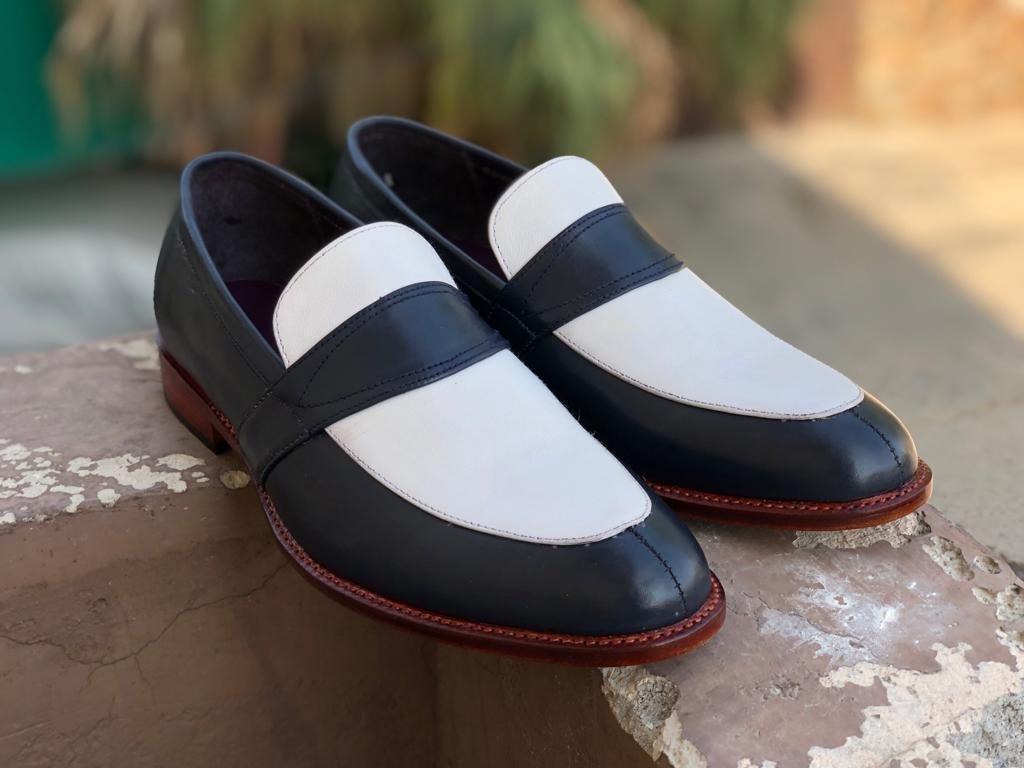
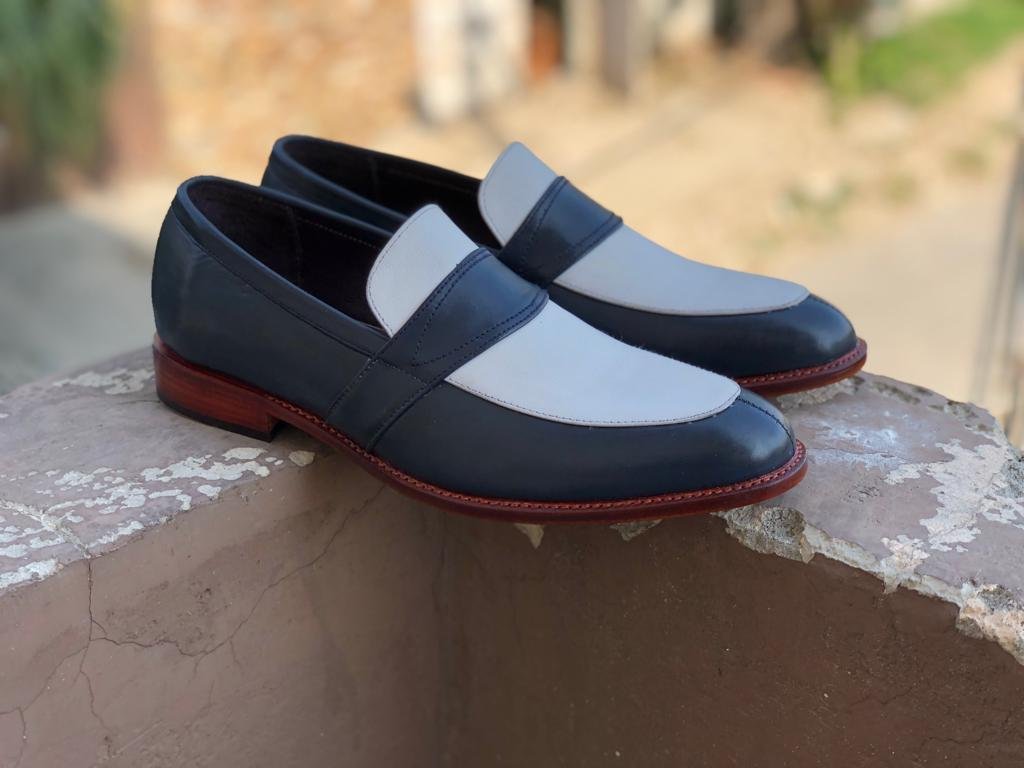
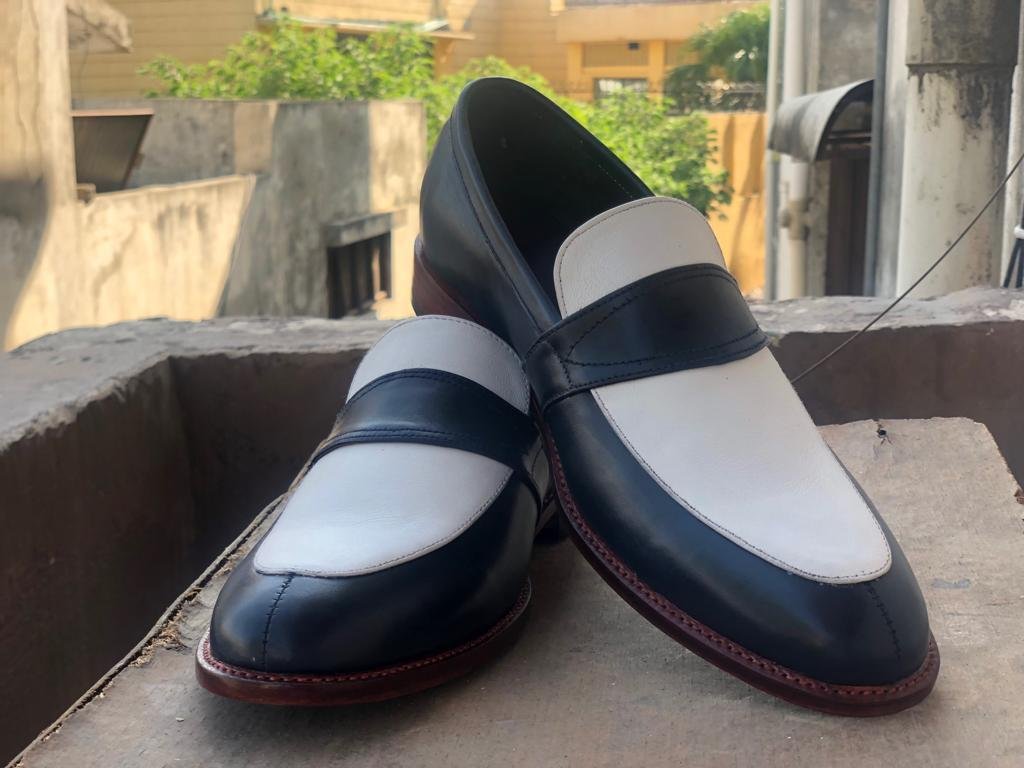
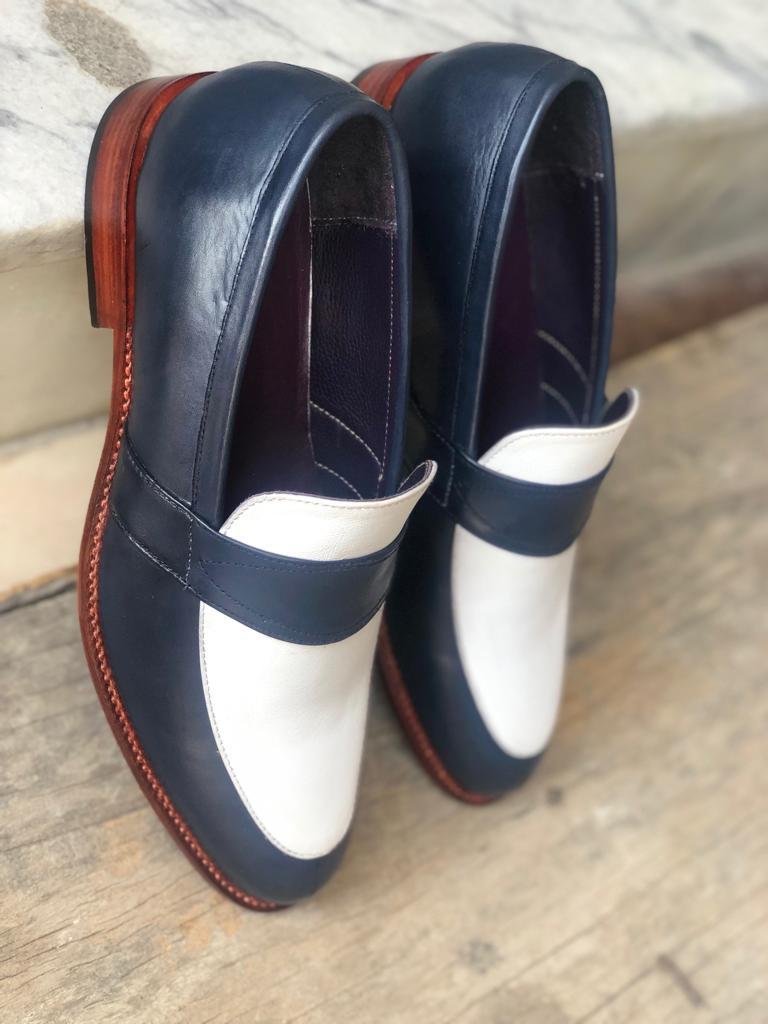

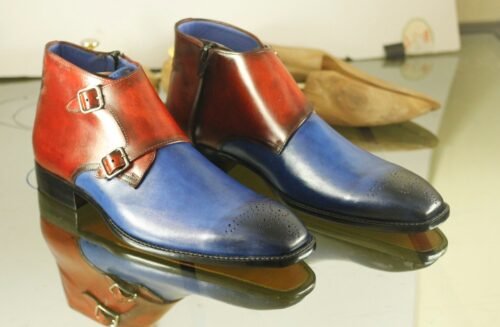

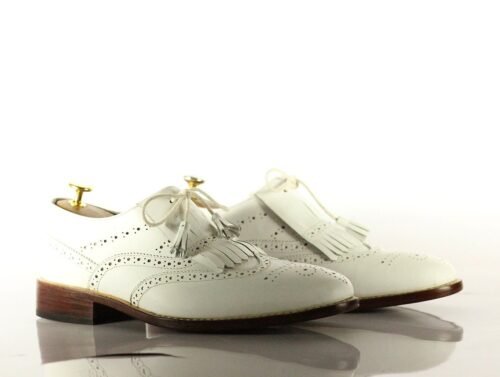
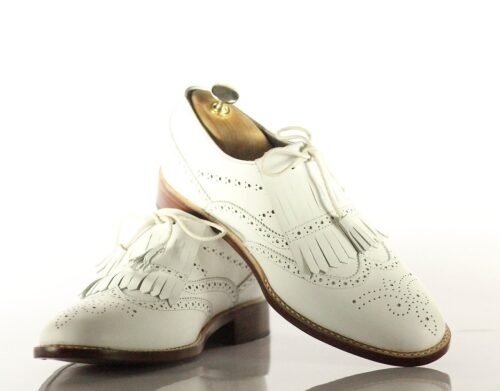
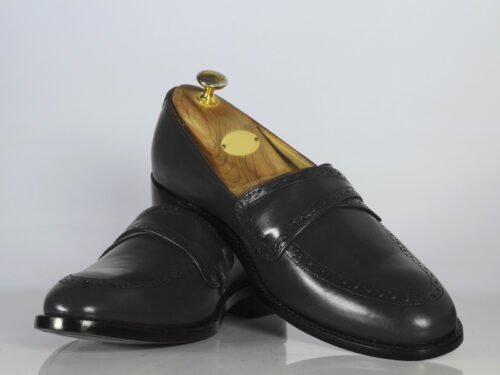

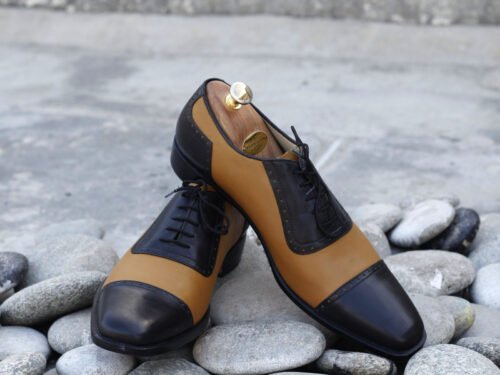
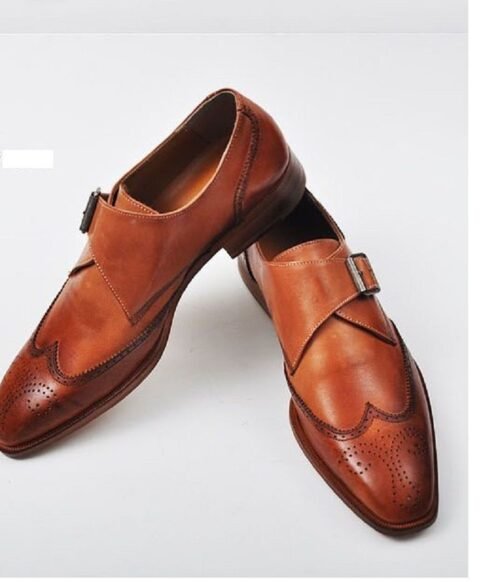


Reviews
There are no reviews yet.